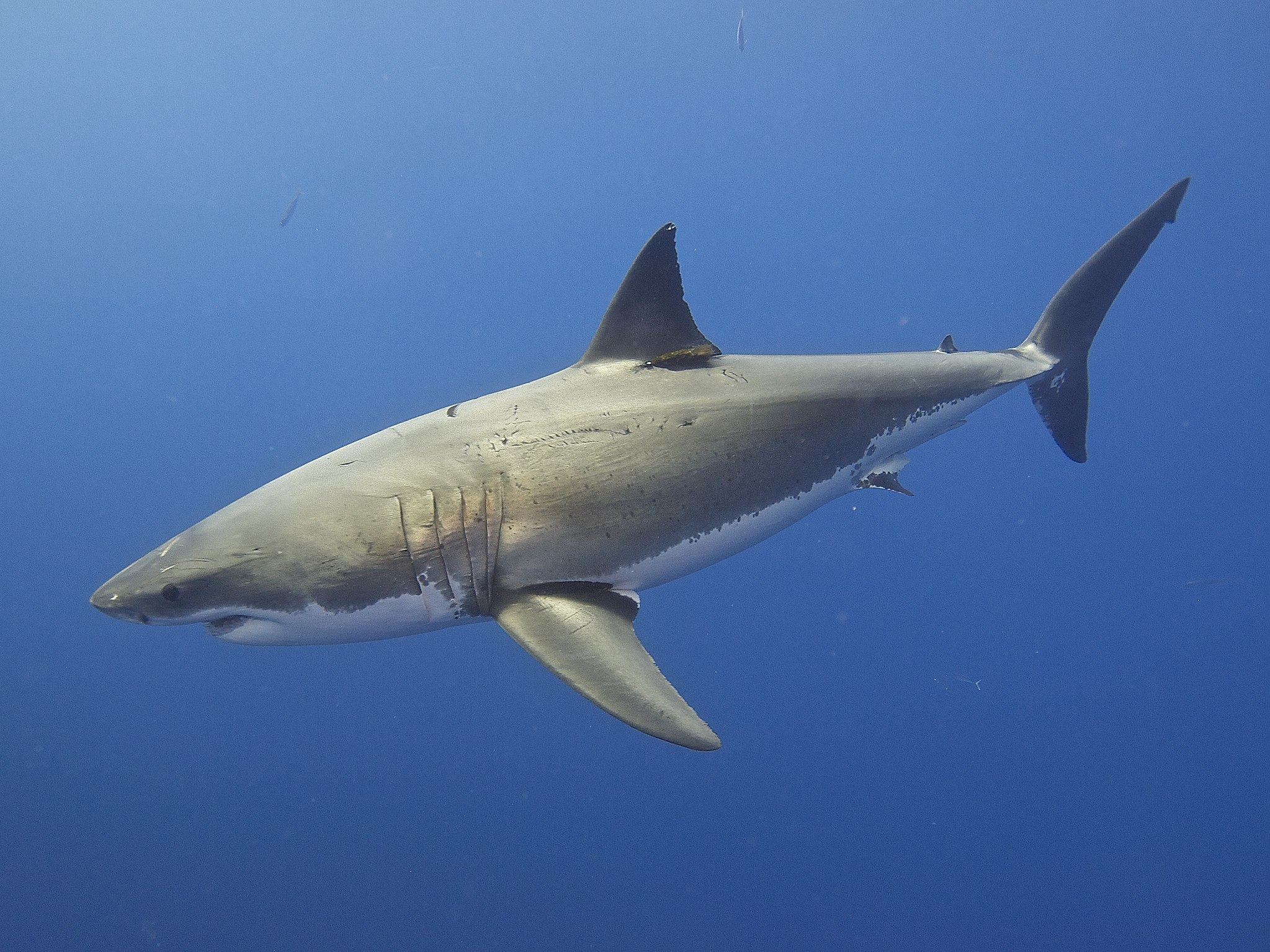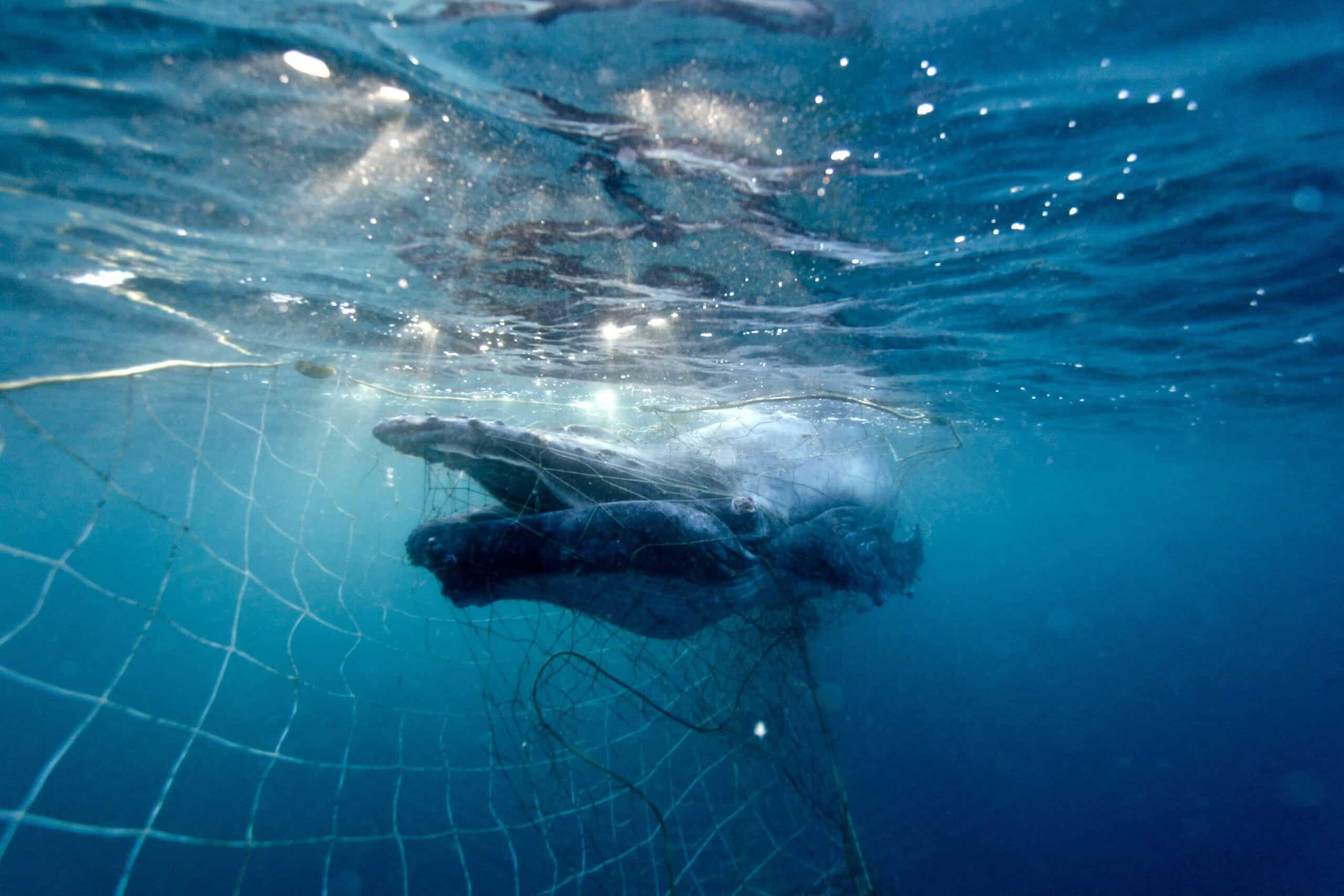Research shows that Australia’s great white sharks are highly related to each other and may consist of fewer than 500 breeding animals. SYDNEY, 24 June 2025: Latest research has found Australia’s great white shark population is much smaller than expected, increasing their vulnerability to further population threats. The population...
After years of campaigning for increased protection for hammerheads in Australia, this month Humane Society International faced disappointment with three species of hammerheads denied adequate protection by the Government under Federal legislation.
If you’ve been following our hammerheads campaign you will be aware HSI nominated the great and scalloped hammerheads for listing as endangered species under the Environment Protection and Biodiversity Conservation Act 1999 (the EPBC Act) in 2012. These nominations triggered a nomination for a third species, the smooth hammerhead.
Despite confirmation by the Minister’s own scientific advisers that one of the species, the scalloped hammerhead, meets the criteria for Endangered due to a 50-80?cline in population, they unfortunately also advised the Minister he could opt for a ‘Conservation Dependent’ listing – a lesser level of protection – designed to allow fishing to continue. The ‘Conservation Dependent’ category was included in the EPBC Act to give environment ministers an opt out clause for commercial fish when they inconveniently become Endangered – it’s a category to allow continued fishing for species that would normally qualify for strict protection.
The Federal Environment Minister has also confirmed the great and smooth hammerheads will not receive any protection under the EPBC Act due to a lack of available data to confirm their Endangered status. HSI were very disappointed with the result, and had urged the Minister and the scientific advisers to follow the precautionary principle. Just because there may not be enough data, does not mean the decline is not happening.

The Conservation Dependent listing still allows 150 tonnes of scalloped hammerheads to be caught in Queensland alone, with fishers not even having to land all sharks caught with their fins attached. Image: Sonja Fordham
To put these inadequate listings in perspective, the IUCN – the international body that classifies the global threat status for species – lists the scalloped hammerhead and great hammerheads as Endangered and the smooth hammerhead as Vulnerable to Extinction. The UN Convention on Migratory Species lists the scalloped and great hammerheads on its Appendices requiring countries to cooperate in their conservation. And the scalloped and great hammerheads are listed under the NSW Fisheries Management Act as Endangered and Vulnerable respectively and have been restricted from take in commercial and recreational fisheries in NSW since 2012.
Even though it is a Conservation Dependent listing, HSI had at least hoped the Minister and his scientific advisory committee would place strong conditions on the commercial and recreational fishers they are allowing to continue killing hammerheads to improve their management arrangements. However, the recommendations are inadequate for a species with such a population decline. The Conservation Dependent listing still allows 150 tonnes of hammerheads to be caught in Queensland alone, with fishers not even having to land all sharks caught with their fins attached – which is a basic requirement in shark fisheries to prevent illegal finning and discarding at sea.
In stark comparison, our Government made its decision on hammerheads at the same time our Pacific Island neighbour Samoa declared its entire national waters a shark sanctuary, joining a string of other Pacific countries in protecting these important marine species.
HSI is continuing to look at avenues to prevent the killing of hammerheads in Australian fisheries despite these listing setbacks. We are especially setting our sights on the Great Barrier Reef, working to prevent shark catches in our unique and World Heritage listed Marine Park. We also hope our court case against drum lines in the Great Barrier Reef will see an end to the deliberate culling of harmless great hammerheads in the name of beach safety.


